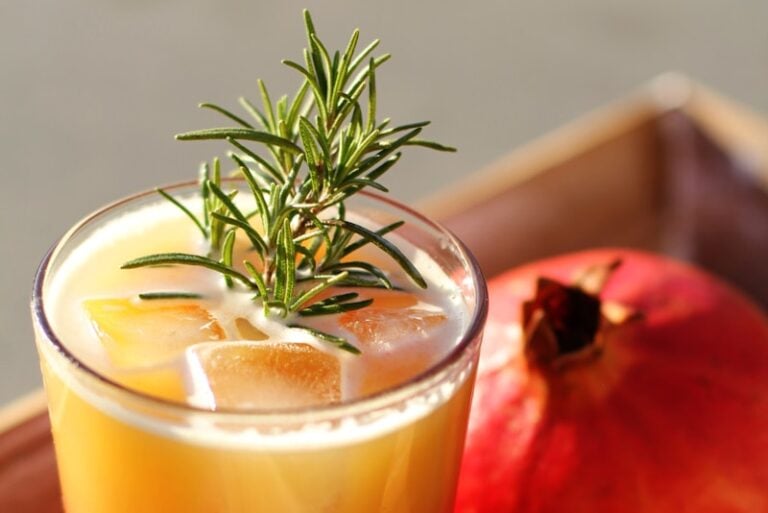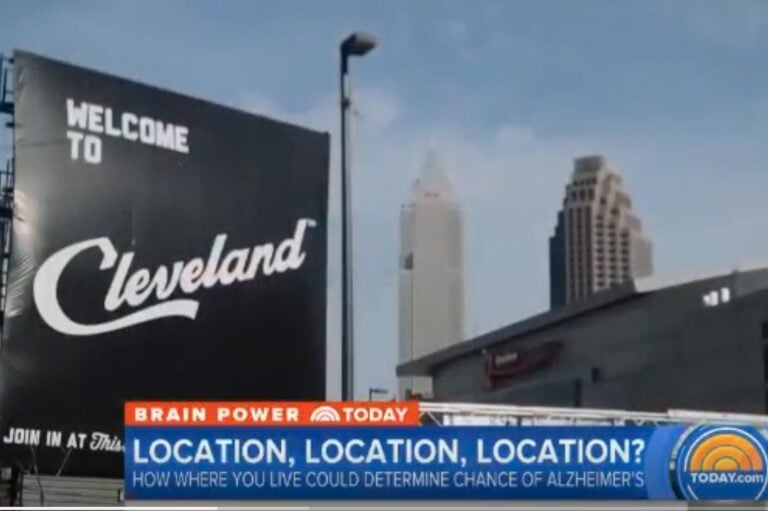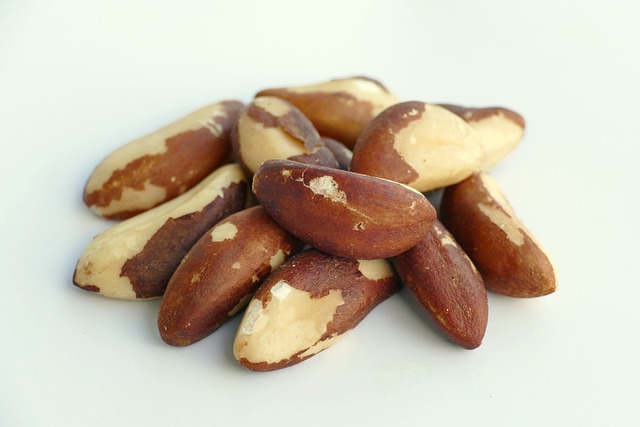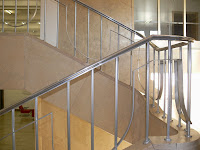
Rosemary’s Carnosic Acid Offers a Potential Alzheimer’s Treatment
Rosemary & sage extracts inspire a potential anti-inflammatory drug for Alzheimer’s. Scripps Research created a stable form of carnosic acid, improving memory in the lab.

Rosemary & sage extracts inspire a potential anti-inflammatory drug for Alzheimer’s. Scripps Research created a stable form of carnosic acid, improving memory in the lab.

Is dementia connected to blood vessel damage? Can I reverse blood vessel damage? Can I slow down dementia? How can improving my diet combat memory loss? Watch Heart Expert William Li.

VIDEO: 85 in Ikaria? Smile. On this Greek island, Alzheimer’s is almost non-existent. 85 in America? Your odds hit 50-50. Is it genes, diet or air? NBC travels to an unlikely place for answers: Cleveland, Ohio.

BRAIN-HEALTHY RECIPE: A taste-of-India Alzheimer’s-fighting side-dish. The chickpeas are rich in dementia-resistant arginine. High-in-iron spinach guards against stroke and vascular dementia, Indian curry’s neuroprotective turmeric offers the brain an added preventative to fight off Alzheimer’s. Serve over brown rice.

NUTRITION FACTS, VIDEO + ARTICLE: Cholesterol oxides can end up in your brain, where they are 100 times more likely to cause Alzheimer’s than regular cholesterol. Find out what to eat each day to keep dementia away.

A natural mineral called “selenium” may improve learning and memory, and even possibly reverse memory loss in aging brains, according to a study in Australia.

FOOD VIDEO: If you are concerned about Alzheimer’s, “steps should be taken to lessen human exposure to Aluminum,” according to The Journal of Alzheimer’s Disease. How? Here are some simple tips to fine-tune your diet.

SEMINAR VIDEO: Watch Dr. Terry Barclay share his passion: To help patients and families thrive – not just survive – when living with Alzheimer’s.

Replacing one serving per day of processed red meat with fish was associated with a 28% lower risk of dementia. Learn how.

DIET VIDEO:
Why the big rise in Alzheimer’s? That is one of today’s great medical mysteries.
See a provocative theory about copper & Alzheimer’s in The Journal of the American College of Nutrition.

New early-onset Alzheimer’s data show that lecanemab can slow functional decline—even while tau continues to spread in the brain. The research helps explain how amyloid-lowering treatments may still preserve daily life, despite the disease’s complexity.

People with dementia who were consistently seen by the same General Practitioner (GP) are given fewer medicines and are less likely to be given medicines that can cause problems, according to researchers at University of Exeter. Learn more.

Amyloid is one of the leading culprits behind Alzheimer’s. Scientists know it damages memory by killing brain cells. Now research reveals how amyloid triggers memory loss in perfectly healthy brain cells as well. Learn more about how Alzheimer’s develops.

Dietary iron is an essential element in the brain. That’s why it is critical to understand how it affects Alzheimer’s. Researchers used advanced X-ray techniques to take a giant step forward in understanding iron chemistry in amyloid plaque, the main culprit behind Alzheimer’s. Learn more about their exciting new insights.

A deep promise to be there for an Alzheimer’s parent, this heartwarming song was written as a tribute to families facing dementia.

EMERGENCIES due to falling happen 54% more often in dementia. As a rule, 1-in-3 adults over 65 fall each year. Most falls happen at home. Make a few simple changes and prevent falls.

Researchers find education and intellectual stimulation appear to activate a genetic program in the brain that promotes resistance to cognitive decline. Find out more.
No spam, only news and updates.


